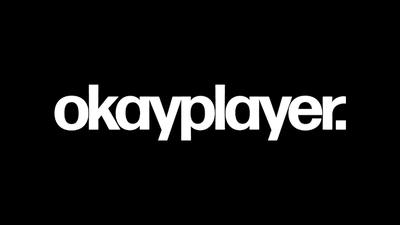New Report Shows Glaring Racial Disparity In Preschool Suspensions
Education Assistant Secretary for Civil Rights Catherine E. Lhamon (Photo courtesy of Yale Law School)
Preschool suspension is a reality in America that's just now being reported on. According to The Washington Post's Joe Davidson, not only are children too young for a number on their grade being suspended with alarming frequency--but most of them are black children, in startling disproportion to their percentage of the student population. The WaPo report stops just short of identifying the self-perpetuating nature of such racial disparity, the creation of a stigma that only adds to the problem. The numbers are so jarring however, the factors at work hardly need to stated:
The Department of Education reported that black kids account for almost half of public school suspensions but are less than a fifth of the preschoolers. When comparing the disparity to white children the report found that:
"Black children represent 19 percent of preschool enrollment, but 47 percent of preschool children receiving one or more out-of-school suspensions; in comparison, white children represent 41 percent of preschool enrollment, but 28 percent of preschool children receiving one or more out-of-school suspensions."
For those that may think that black students are suspended at higher rates because of behavioral issues, another study titled "Are Black Kids Worse?" dispelled that notion, ultimately concluding that "there is simply no good evidence that racial differences in discipline are due to differences in rates or types of misbehavior by students of different races."
Education Assistant Secretary for Civil Rights Catherine E. Lhamon supports the study, offering a story of how a white second-grader threw a rock in a classroom and "was allowed to come in at recess to help clean the classroom as a way of working off the harm," while a black second-grader attending the same school "poked another student with a pencil and was suspended."
Ultimately, the racial disparity in student suspensions speaks to the school-to-prison pipeline that has been observed moving black students through a predictable regimen of institutionalized discipline. According to a joint policy document by Education and the Department of Health and Human Services, "young students who are expelled or suspended are as much as 10 times more likely to drop out of high school, experience academic failure and grade retention, hold negative school attitudes, and face incarceration than those who are not."
However, there are some cities promoting positive alternatives in discipline, including Baltimore and Chicago, who have made it "almost impossible to suspend in the early grades." The Washington D.C. school system is also noted for its policy that "early childhood students may not be suspended, period."
Suspending preschoolers means they are "more likely to learn the lesson that the school doesn’t want them there or that they don’t belong, than that their behavior was inappropriate" Liz King, director of education policy at the Leadership Conference on Civil and Human Rights, said.
The report reflects the inequity that many minorities continue to experience in America, but hopefully these and future studies will lead to some much needed change that needs to happen in our school systems.
